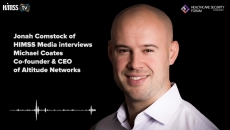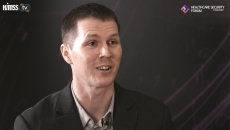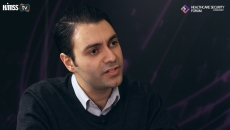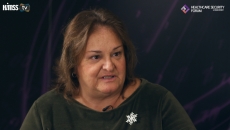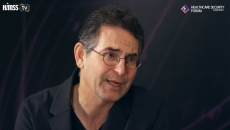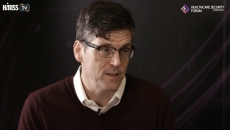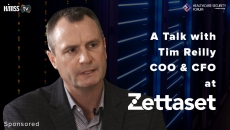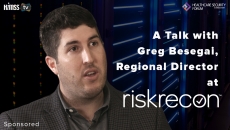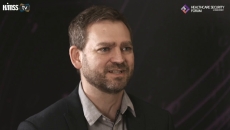Healthcare Security Forum
Michael Coates, co-founder and CEO of Altitude Networks, says we have to rethink the controls, technology and tools we use and then scale into workflows to optimize for accuracy.
Healthcare consumerism and cybersecurity might seem to be in tension, but it's the job of security professionals to make it work, and that starts with a culture change.
Brian Selfridge, partner at Meditology Services, says true healthcare IT security is evolving into a broader conversation that needs to be had at all levels of an organization.
Dr. Saif Abed, director of cybersecurity advisory services at AbedGraham, gives a clinician's perspective on cybersecurity – and describes how data priorities in the U.K. and Europe differ from the U.S.
Stony Brook Medicine Chief HIPAA Privacy Officer Stephanie Musso describes changes to HIPAA, new OCR enforcements of its right to access provision and more.
Dr. John Halamka, newly named president of Mayo Clinic Platform, shares his views of what cybersecurity in healthcare will look like in five years – and discusses his new job in Minnesota.
A more balanced security world includes vulnerability management that protects not only data, but also transactions and systems integrity, says Darren Lacey, CISO at Johns Hopkins University and Johns Hopkins Medicine.
Tim Reilly, COO and CFO at Zettaset, says despite the value encryption brings to the healthcare industry, adoption has been a struggle.
RiskRecon helps healthcare organizations identify and focus on the mission-critical issues found in external systems, explains Greg Besegai, the company's regional director.
Adam Kehler, principal consultant and healthcare practice lead at Online Business Systems, explains why requiring frequent mandatory password changes is no longer the go-to answer for system security.
